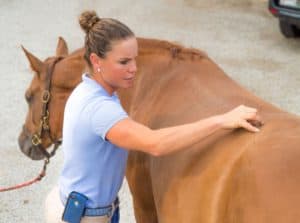
Managing Your Horse’s Back Pain
Two veterinarians share how they diagnose, treat, and rehab back-sore horses.

Two veterinarians share how they diagnose, treat, and rehab back-sore horses.
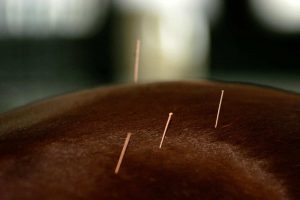
Learn about reasons to use complementary therapies such as acupuncture and chiropractic in horses, and the research behind them.

An equine veterinarian describes approaches for treating kissing spines, arthritis, and other spinal issues.

Researcher: Chiropractic care might help address the compensatory pain and dysfunction that result from a primary lameness.

Learn about reasons to use complementary therapies such as acupuncture and chiropractic for your horse and the research behind them.

This therapy is proving to be an essential part of the horse’s routine health and well-being.
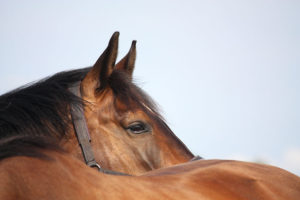
The 2 goals of an equine back treatment plan are breaking the pain cycle and increasing strength, function, and stability.
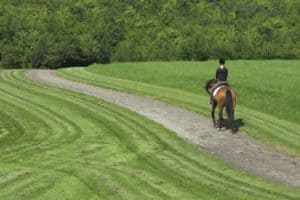
Find out how to keep your middle-aged horse’s teeth, feet, joints, and more healthy.

Veterinarians are using chiropractic techniques more frequently to evaluate and treat back disorders in horses. Here, a CSU professor and researcher outlines basic principles.
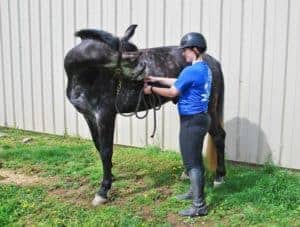
In the first of this two-part series, we’ll explore full-body rehabilitation options, from the horse’s head to tail.
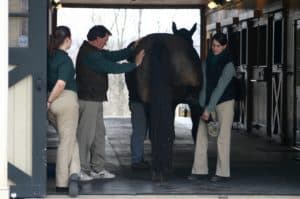
Horse health care often requires teamwork. Use these tips to find the right equine health professionals for your team.

Learn how the all-important equine back functions and how to prevent problems from developing.

Of the 665 respondents, 220 (33%) said their horses receive chiropractic care on a routine basis.

Horses that plow, heal, or protect have distinctly different lifestyles than the average riding horse.

What therapies might help relieve the rest of a horse’s body when treating a specific injury or recovering from surgery?

Chiropractic provides another means of diagnosis and treatment for many musculoskeletal disorders.
Stay on top of the most recent Horse Health news with
© 2022 Copyright Statement dolor sit amet, consetetur sadipscing User Terms, sed diam nonumy eirmod tempor invidunt ut labore et dolore magna aliquyam erat, sed diam voluptua. At vero eos et accusam et justo duo dolores et ea rebum. Stet clita kasd gubergren, no sea takimata sanctus est Lorem ipsum dolor sit amet.
"*" indicates required fields